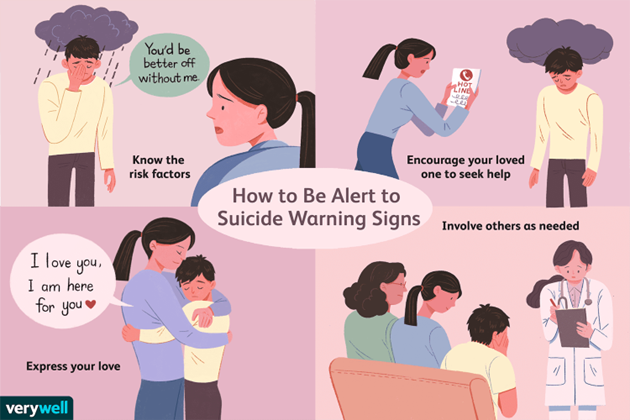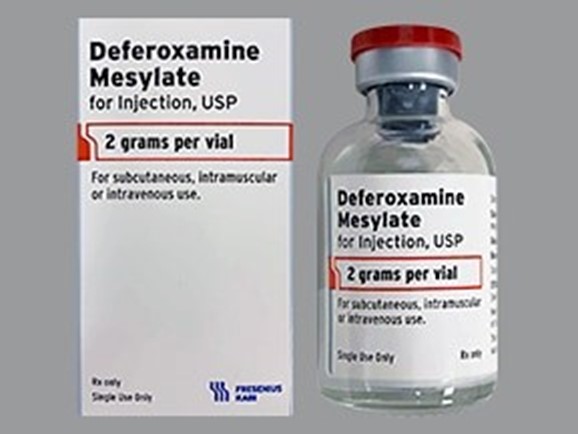A nurse in an emergency department is caring for an adolescent following a suicide attempt.
After reviewing the client's history, the nurse should determine which of the following is the priority risk factor for suicide completion.
History of substance abuse.
Previous suicide attempt.
Loss of a parent.
Active psychiatric disorder.
The Correct Answer is B
According to the CDC, one of the individual risk factors for suicide is a previous suicide attempt.
Choice A is not the answer because while substance abuse is a risk factor for suicide, it is not the priority risk factor for suicide completion in this case.
Choice C is not the answer because while loss of relationships can contribute to
suicide risk, it is not the priority risk factor for suicide completion in this case.
Choice D is not the answer because while a history of mental illness is a risk factor for suicide, it is not the priority risk factor for suicide completion in this case.

Nursing Test Bank
Naxlex Comprehensive Predictor Exams
Related Questions
Correct Answer is C
Explanation
In the event of a potential poisoning, the first step should be to contact the poison control center for guidance on how to proceed.
Choice A is not correct because rapid infusion of deferoxamine is not the first step in managing iron overdose.
Choice B is not correct because syrup of ipecac is no longer recommended for use in cases of poisoning.
Choice D is not correct because providing a high-carbohydrate meal is not an appropriate intervention for iron overdose.

Correct Answer is D
Explanation
Tinea pedis is a fungal infection that affects the skin on the feet and is commonly known as an athlete’s foot.
Choice A, Shingles, is incorrect because shingles are a viral infection that causes a
painful rash.
Choice B, Valley fever, is incorrect because valley fever is a fungal infection that affects the lungs.
Choice C, Fever blister, is incorrect because fever blisters are caused by the herpes simplex virus and typically appear on or around the lips.
Whether you are a student looking to ace your exams or a practicing nurse seeking to enhance your expertise , our nursing education contents will empower you with the confidence and competence to make a difference in the lives of patients and become a respected leader in the healthcare field.
Visit Naxlex, invest in your future and unlock endless possibilities with our unparalleled nursing education contents today
Report Wrong Answer on the Current Question
Do you disagree with the answer? If yes, what is your expected answer? Explain.
Kindly be descriptive with the issue you are facing.
